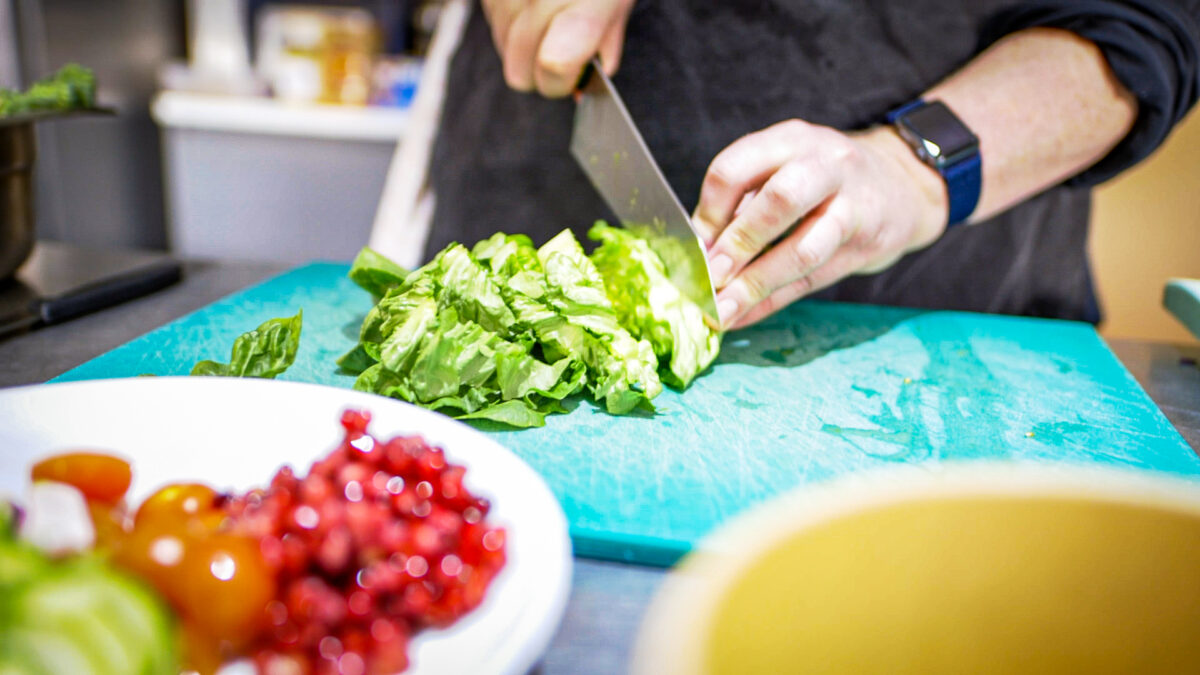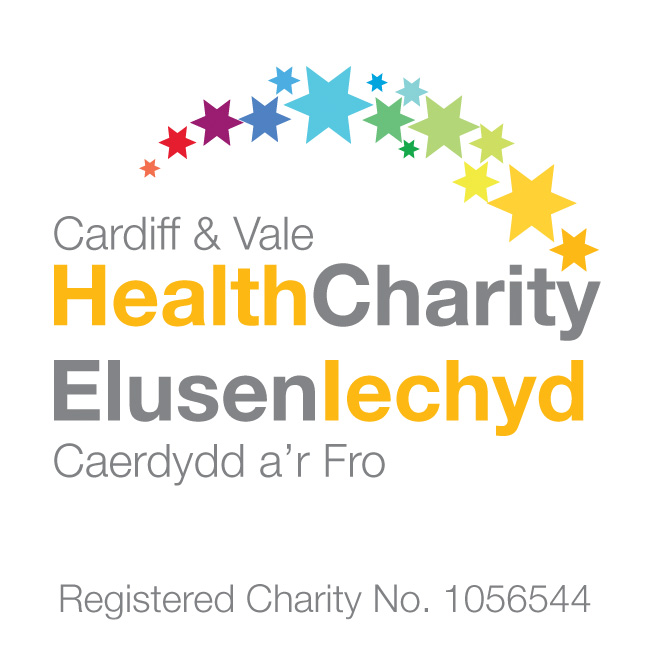The food we eat has an impact on communities and businesses, farmers and food producers, and the environment too. But it also has a huge impact on our health.
Eating a balanced diet is an important part of keeping healthy and making sure that we’re getting the recommended amount of fruit and veg every day. It’s not always easy to access healthy food, but there are plenty of ways we can start to make changes to the way we eat.
Whether it’s taking steps to learn more about what makes up a healthy diet, including more fruit and vegetables in your meals, or committing to cook from scratch more often, small actions can quickly add up to make a big difference to our health.
Eating a healthy balanced diet can help you to feel good and make sure that you have all the nutrients you need.
The NHS Eatwell Guide illustrates a healthy, balanced diet. The basic principles are to:
- Eat at least 5 portions of a variety of fruit and vegetables every day.
- Eat some beans, pulses, fish, eggs, meat and other proteins (including 2 portions of fish every week, one of which should be oily, have some dairy or dairy alternatives (such as soya drinks), choosing lower fat and lower sugar options.
- Base your meals around potatoes, bread, rice, pasta and other starchy carbohydrates; choosing wholegrain versions where possible.
- Drink regularly and keep your fluid levels up. Having regular drinks throughout the day will help stay hydrated. Women should be drinking 1.6 litres of fluid and men 2 litres of fluid a day. Limit fruit juice and/or smoothies to a total of 150ml per day.
To find out more, explore the resources below.



